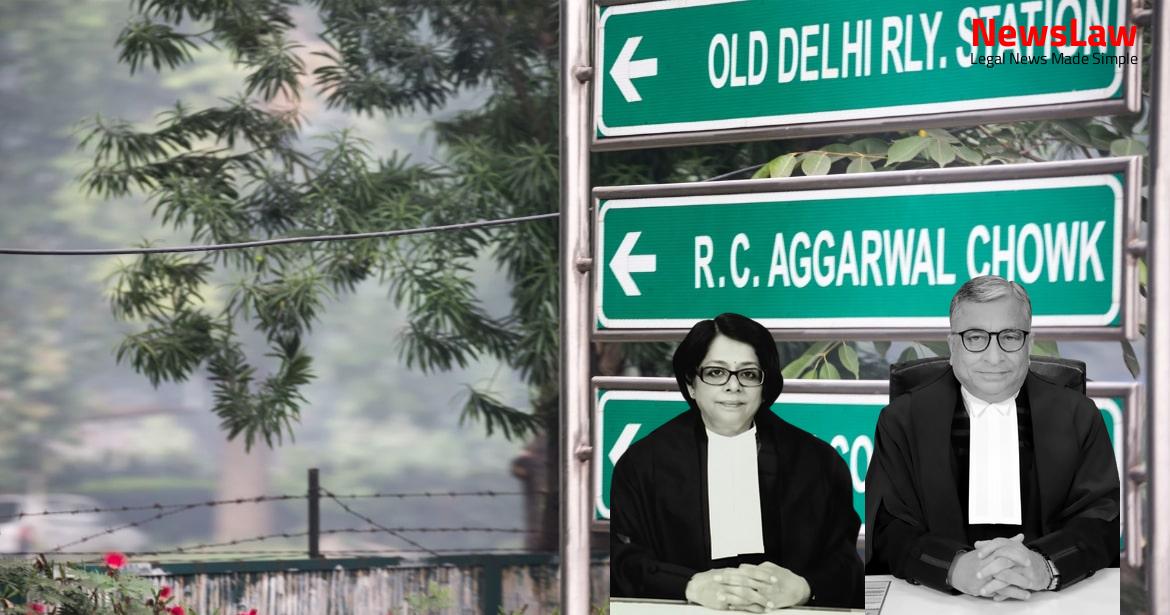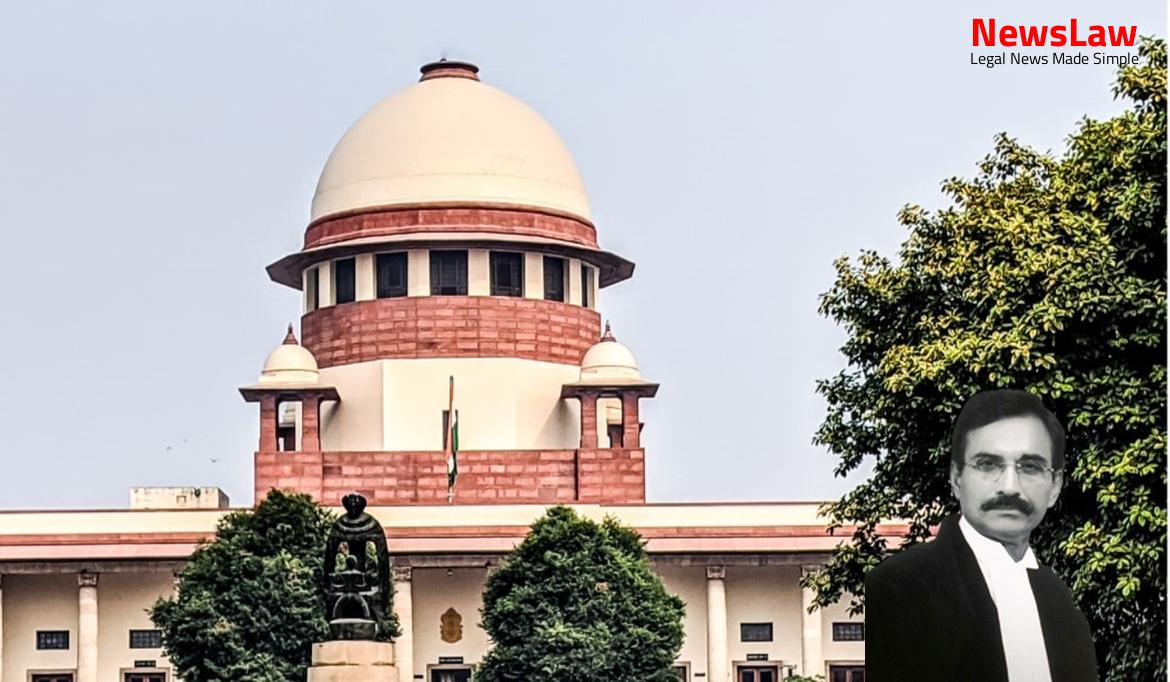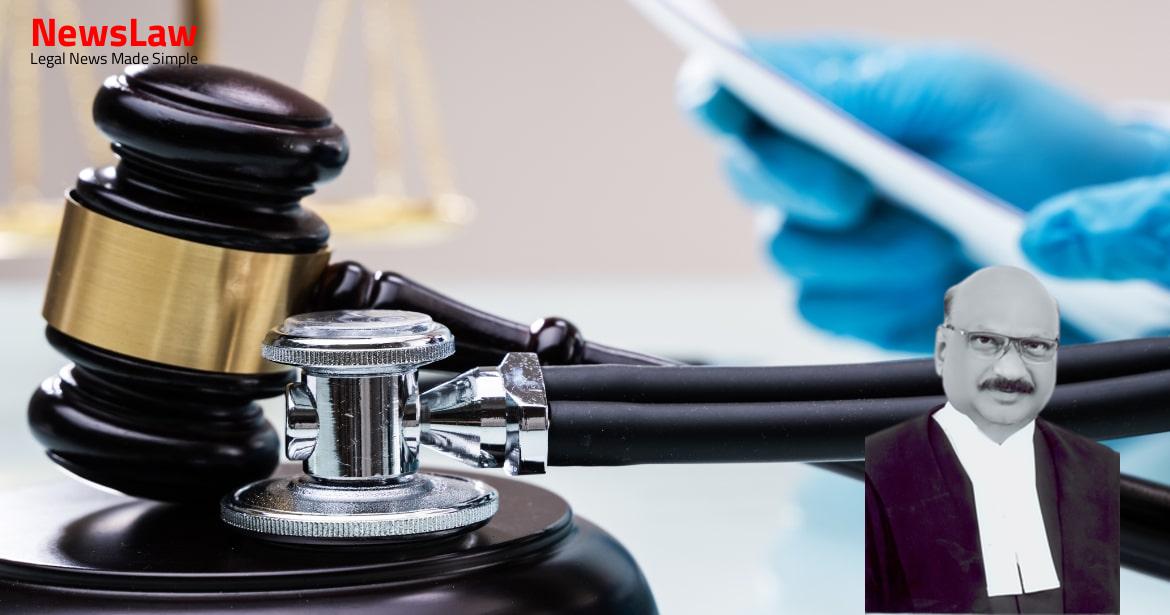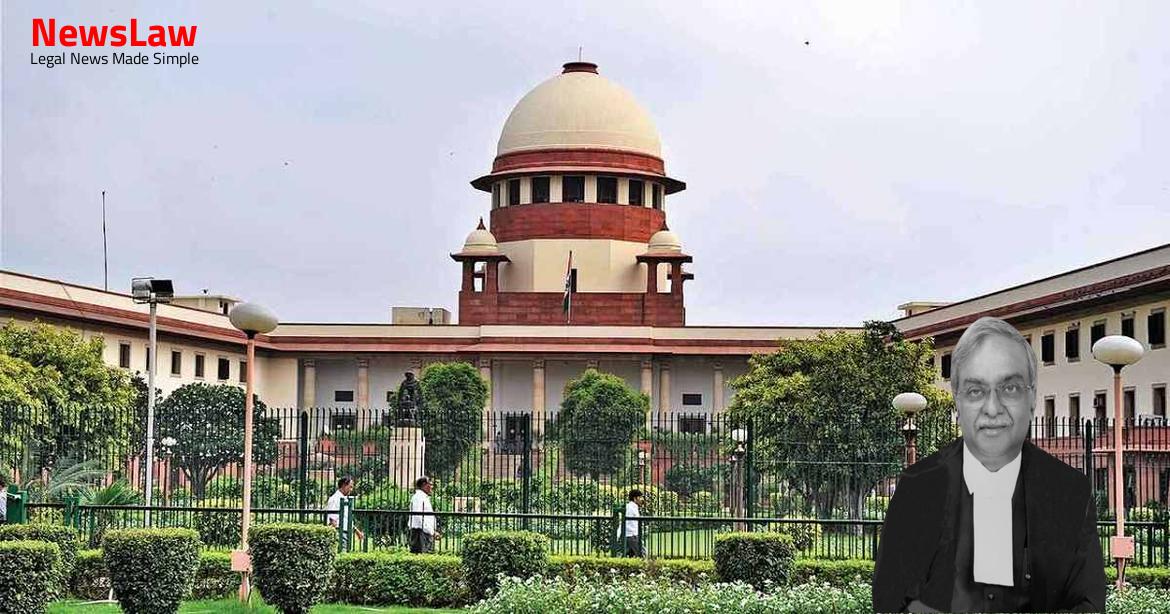The Supreme Court has issued a significant judgement in a contempt case involving the petitioner and Respondent No. 7. The case revolves around allegations of fabricated documents and deceptive actions, raising concerns about interference with the administration of justice. The court’s decision underscores the importance of upholding the integrity of legal proceedings and deterring deceptive practices. This ruling carries implications for maintaining the purity of the judicial system and ensuring fair administration of justice.
Facts
- Petitioner filed FIR No.256 of 2018 alleging extortion by Respondent
- A sum of Rs.5 lakhs was paid to petitioner’s brother under pressure
- CBI retrieved iCloud data from Respondent’s phones but not from Investigating Officer’s phone
- Petitioner alleged physical assault by Respondent
- Investigation transferred to Crime Branch Delhi
- Petitioner sought transfer of investigation to independent agency
- No CCTV footage obtained from Hotel Lalit where incident occurred
- Petitioner and family granted protection under Section 438 of the Code
- Plea filed under Section 482 for quashing FIR No.256 of 2018
- Petitioner requested transfer of investigation from Delhi Police to independent agency
Arguments
- The petitioner insinuated against Respondent No.7 using a minor incident.
- Petitioner’s lawyer raised concerns about fair investigation due to Respondent No.7’s police background.
- There were allegations of undue influence by Respondent No.7 in a crime registered by the petitioner’s mother.
- Certain audio and video recordings with the petitioner were allegedly ignored during the investigation.
- Complete data from Respondent No.7’s two mobile phones was not recovered, and the Investigator’s phone was damaged.
- The petitioner suspected foul play following a staged road accident where she was hit by a vehicle.
- The petitioner’s lawyer argued that the continuation of Respondent No.7 in service would affect a fair trial.
- Arg Respondent presented arguments focusing on the constitutional validity of the law.
- Arg Respondent referenced several previous cases to support their argument.
- Arg Respondent emphasized the importance of protecting individual rights and freedoms.
- Arg Respondent also highlighted potential negative consequences if the law is upheld.
- Arg Respondent raised concerns about the practical implementation and enforcement of the law.
Also Read: CRPF Act: Validity of Rule 27 for Compulsory Retirement – Case of Head Constable vs. CRPF
Analysis
- The petitioner intentionally exaggerated an incident involving a thela brushing against her as being caused by a car and implicated the other party.
- The petitioner made false statements under oath which can be punishable under IPC sections 181 and 182.
- The mobile phones of the other party were taken into custody and sent for forensic analysis to ensure proper investigation.
- The investigation did not show any substantial failure or negligence in examining all relevant aspects.
- The insinuation in FIR No. 314 indicated that the other party was blamed for the incident on 17.10.2019.
- A notice is required to be issued to the petitioner in suo motu exercise of power of this Court for initiating action in contempt and passing appropriate directions under Section 195(1)(a)(i) of the Code.
- Persons who deceive the court or file fabricated documents with intent to defraud interfere with the administration of justice and must be properly dealt with to deter others from similar acts.
- The purity of the court’s atmosphere must be maintained to enable fair administration of justice, and manipulative or deceptive actions have no place in the court’s jurisdiction.
- Filing false affidavits or presenting distorted facts to mislead the court can lead to contempt of court and punitive measures against the individuals involved.
Also Read: DAMEPL vs. DMRC: Curative Petition and Arbitral Award Restoration
Decision
- The Registry is directed to register the matter as suo motu proceedings
- A copy of this Order will be sent to the Petitioner
- The Petitioner is required to appear in-person before the Court on 14.01.2020
- The writ petition has been disposed of with the aforementioned observations
Case Title: ABCD Vs. UNION OF INDIA
Case Number: W.P.(Crl.) No.-000191 / 2018



